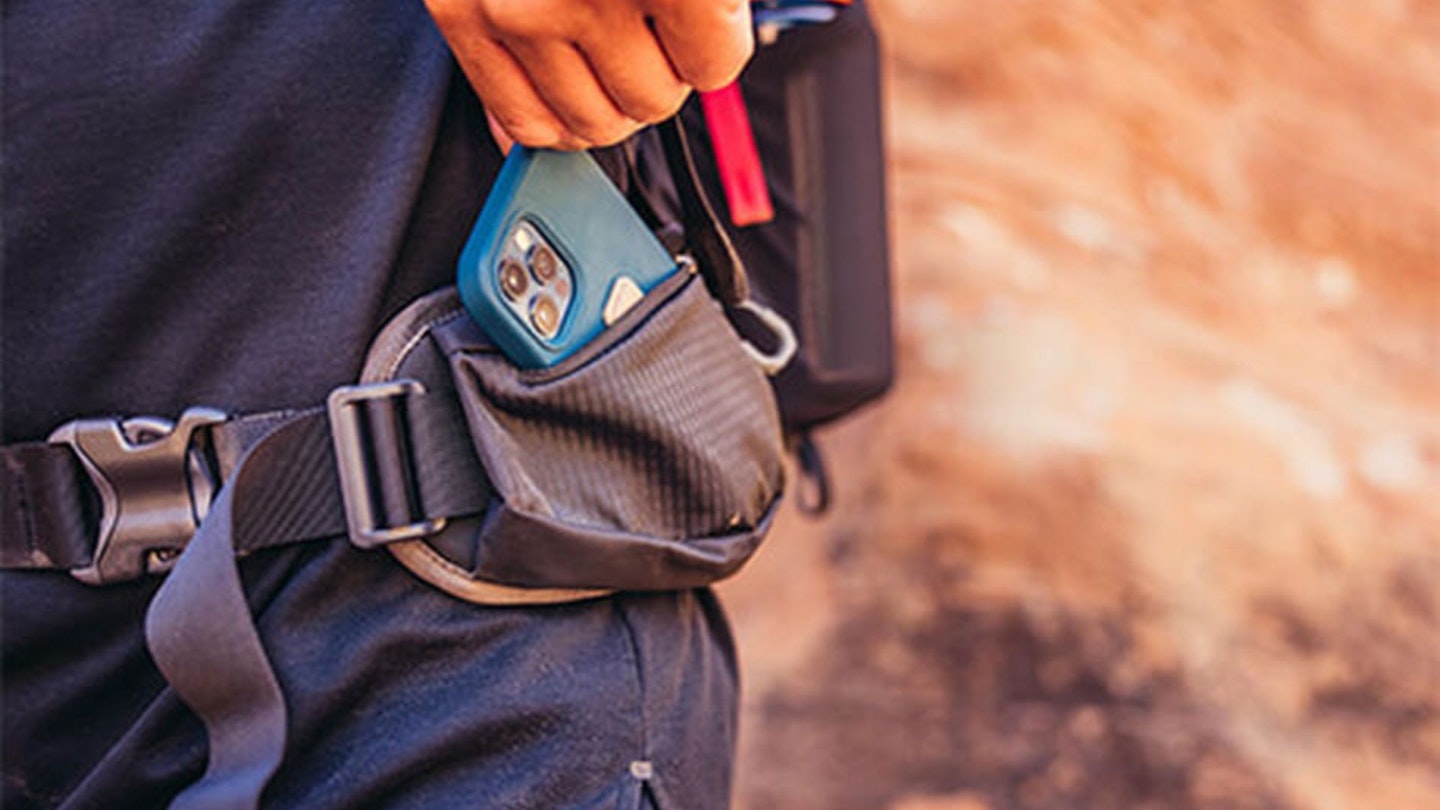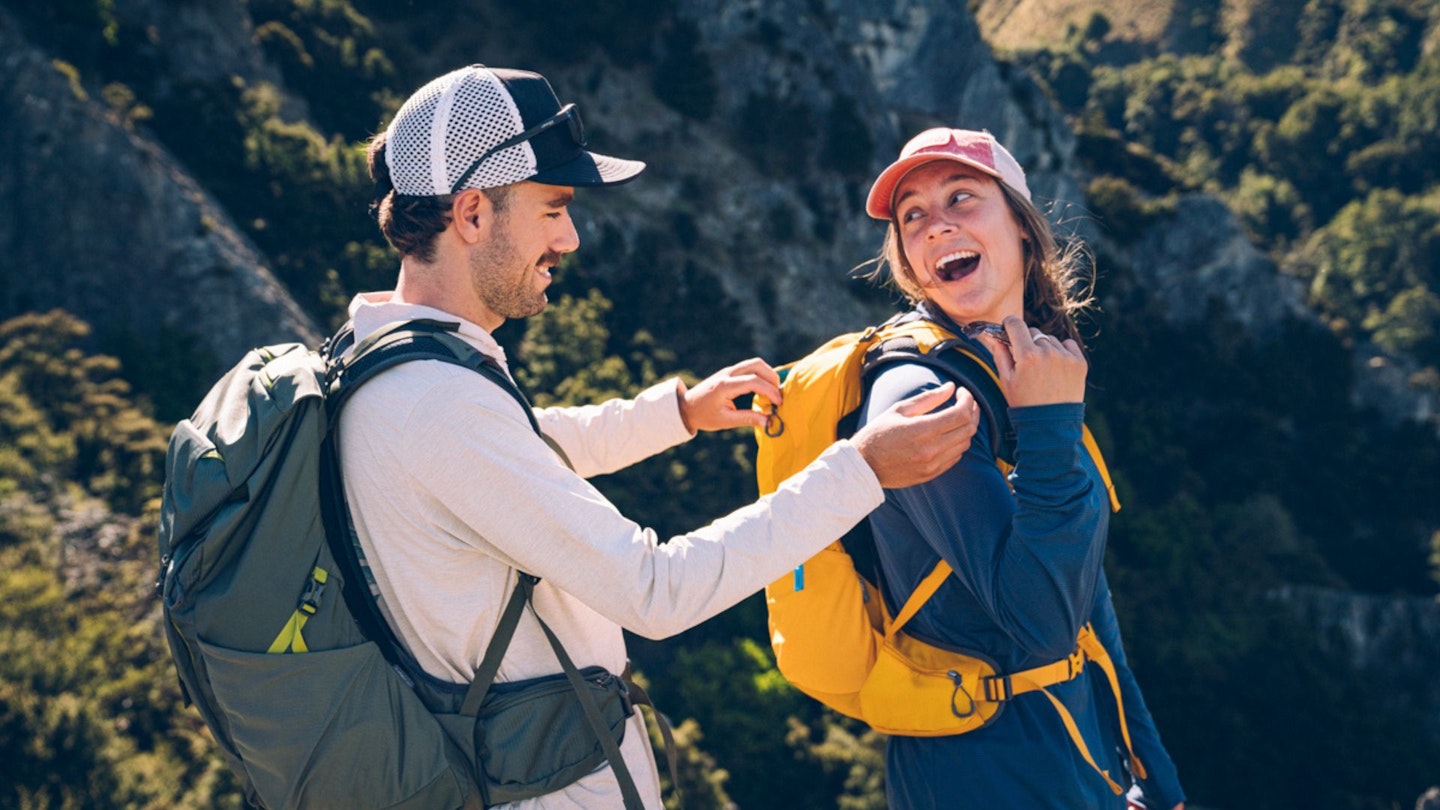Whether you’re heading out on a summer day hike or a multi-day backpacking trip, you’ll need a comfortable, reliable backpack. After all, to be properly prepared for the UK hills and mountains, you need to carry some essential kit.
This might include spare layers like waterproofs and a warm jacket, as well as food, water, navigation and safety gear. So, a trusty backpack is an invaluable adventure companion. Of course, exactly what size and style of pack you’ll need depends on what you’re doing.
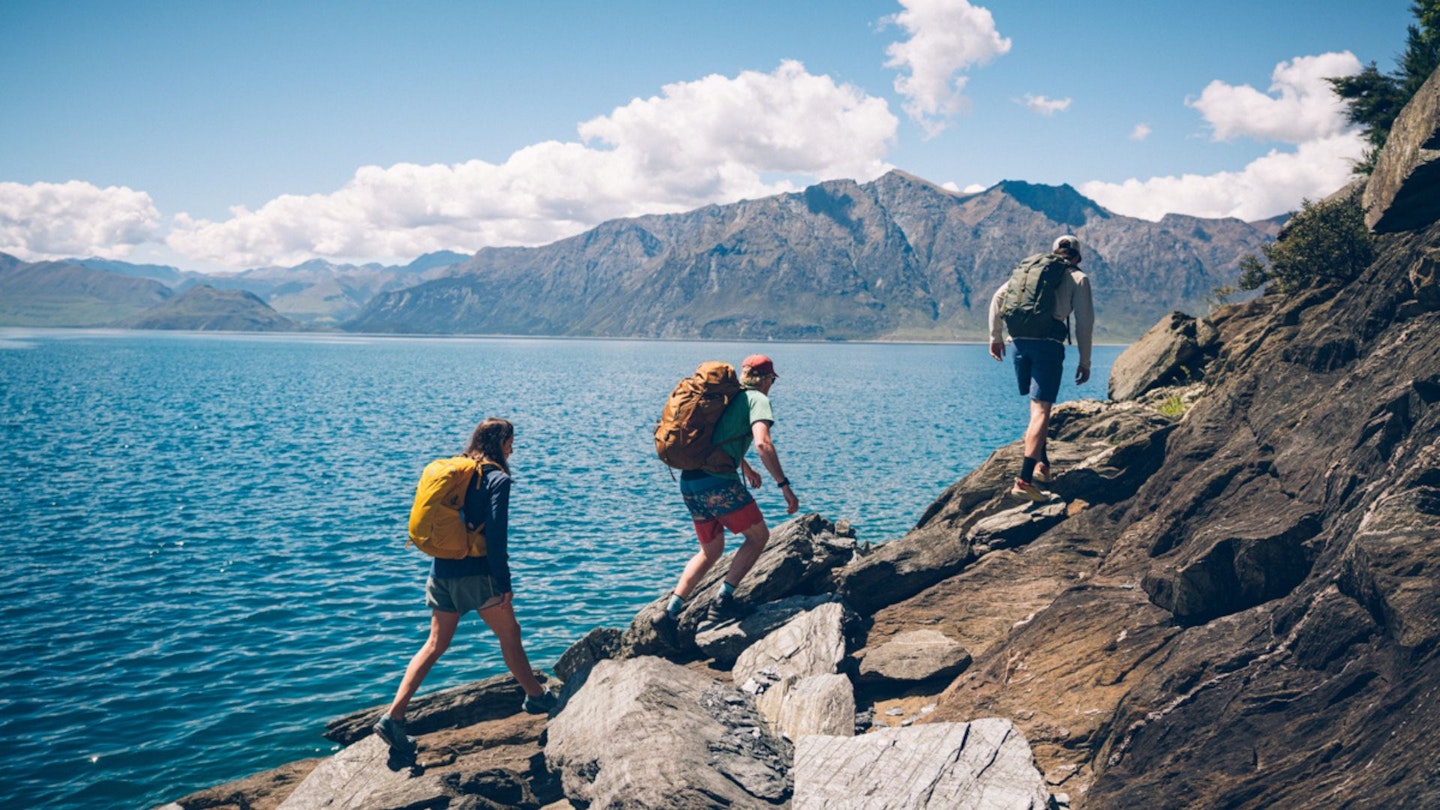
Luckily, there’s one tried and trusted brand that covers all the bases. From compact day packs to deluxe gear haulers, from everyday urban bags to technical mountaineering packs, Gregory Packs are specialists in carrying comfort.
As dedicated pack makers, pure and simple, Gregory’s philosophy is that ‘great packs should be worn, not carried’, meaning your pack will fit just like your favourite jacket or your most trusted pair of hiking boots. The hallmarks of the brand are exceptional comfort, great build quality, practical features and a focus on sustainability.
Gregory packs offer proven mile-after-mile comfort and dependable durability, backed by a lifetime warranty. Plus, with their precision fit and adjustable harnesses, there really is a pack for every back.
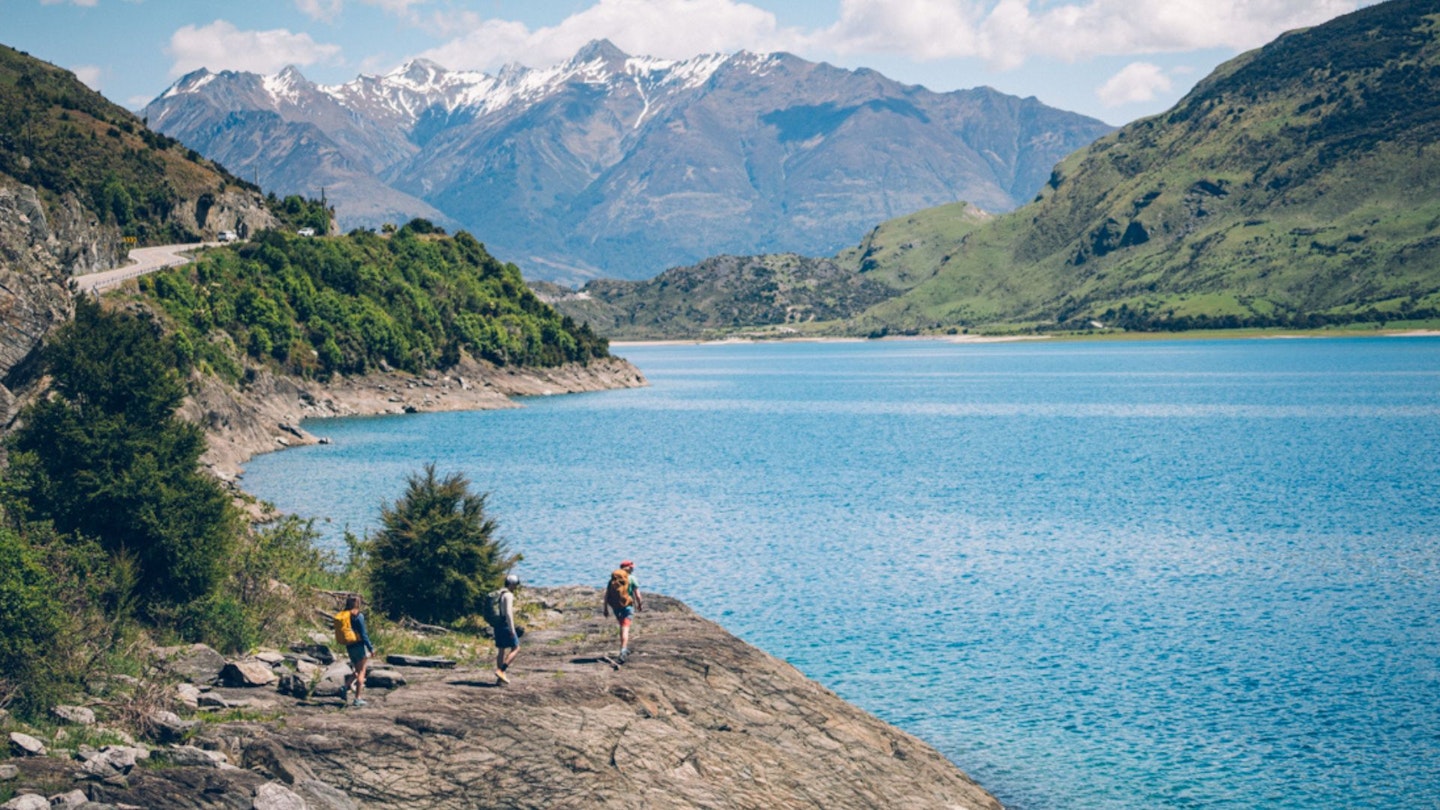
About the brand
The US brand is based at the foot of the Wasatch Mountains, located just a few miles south of Salt Lake City in Utah. These rugged peaks are famous for their superb skiing and the high-quality climbing that can be found among the range’s narrow canyons. It’s the perfect base for a brand dedicated to manufacturing outdoor gear.
From here, Gregory Packs design and test some of the world’s most comfortable technical outdoor bags and packs. In addition, Gregory backs their gear with a limited lifetime warranty that guarantees every pack, for as long as you own it.
It’s a promise that was first made way back in 1977, by founder Wayne Gregory, who was inspired to design backpacks that could be trusted on the most epic outdoor adventures. He designed pioneering new suspension systems that work with your body instead of against it, paying relentless attention to men’s and women’s fit, and inventing new materials and construction techniques.
This dedication to innovation continues today – as proved with the launch of Gregory’s headline-grabbing Plus Size Packs.
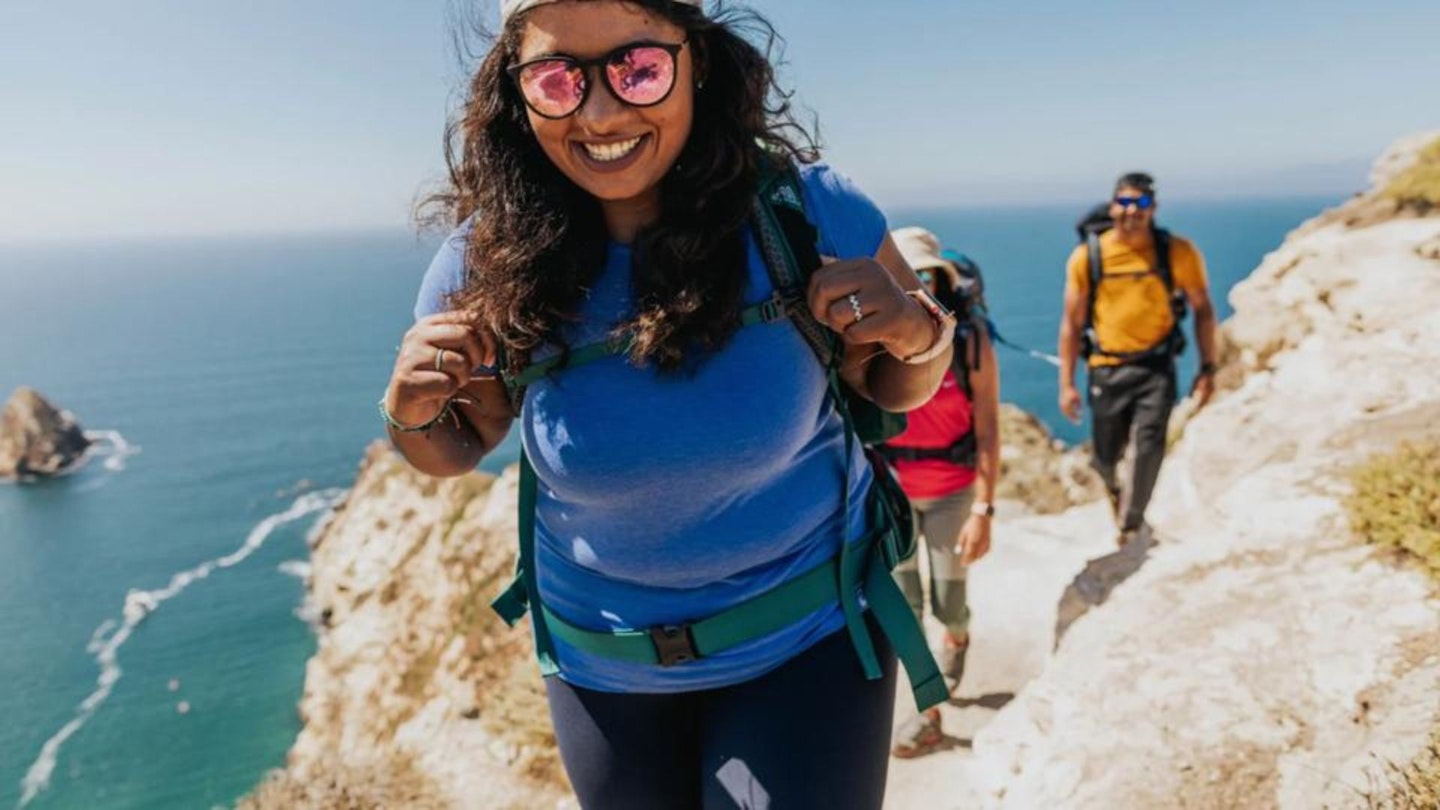
Plus Size packs
In 2023, Gregory Packs released the outdoor industry’s first collection of plus-size backpacks, designed specifically for outdoor enthusiasts of diverse body shapes and sizes. The design team worked hand-in-hand with plus-size outdoor communities to develop the collection. Substantial adjustments to the fit geometry included wider shoulder harness angles, extended shoulder harness lengths and enlarged hip belts with a range of 100-155cm (39-61”).
The design process also resulted in clever accessibility adjustments such as moving hipbelt pockets to the front of the body for easy access and adjusting the location of buckles for improved reachability.
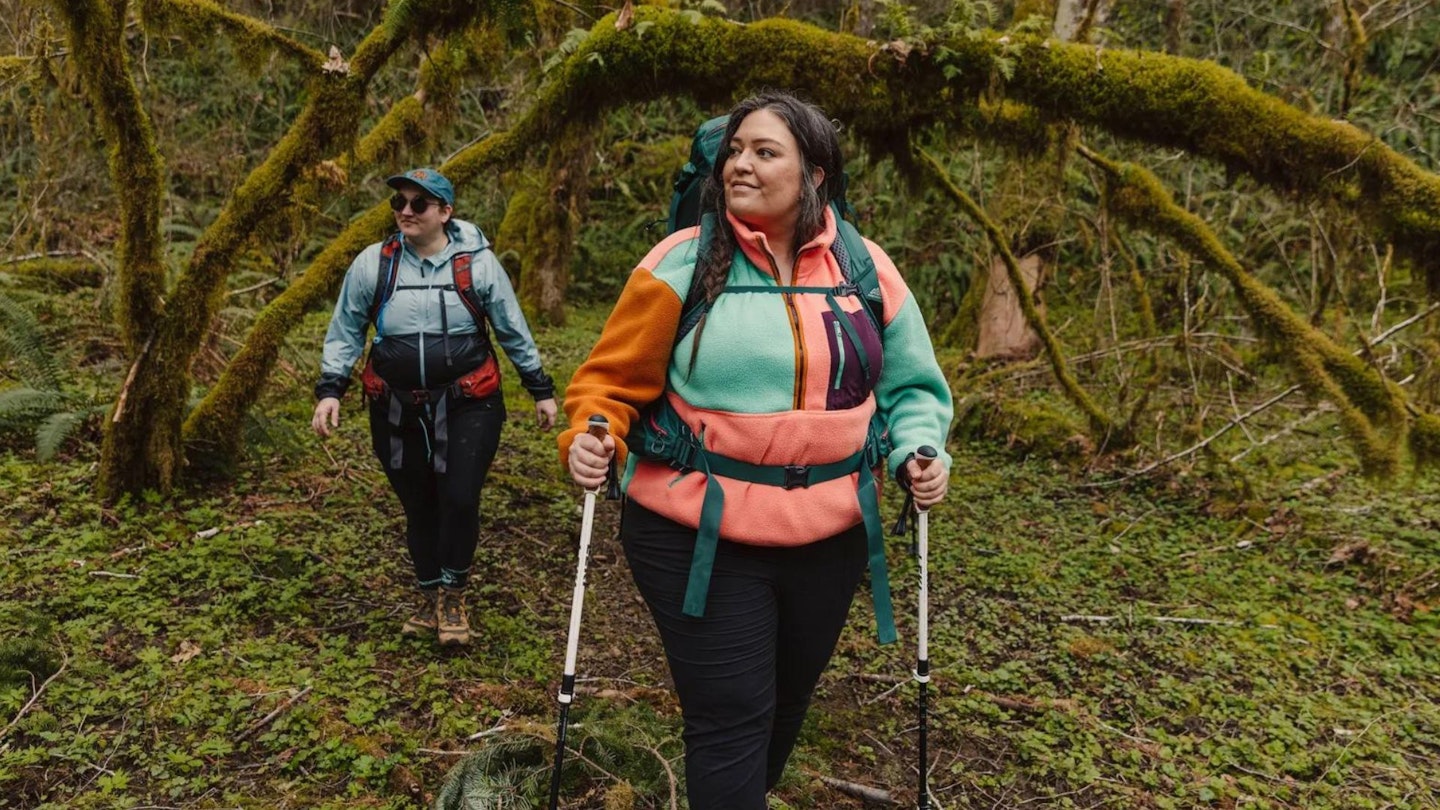
Steph Wetherell from Every Body Outdoors, the UK’s leading community for plus-sized people in the outdoors, says: “Having gear that fits your body shouldn’t be a privilege. When you ‘make do’ with what’s available but it doesn’t fit, your activities aren’t as enjoyable, and it can feel like you don’t belong. Trying a Gregory pack for the first time made me realise what it feels like for everyone else to have a backpack that fits. We’re SO excited for them to arrive in the UK!”
The Plus Size collection spans the Gregory range, from 16-litre daypacks through to 70- litre backpacks. It is available both through a network of UK retailers and online.
Shop the Gregory Plus Size collection HERE
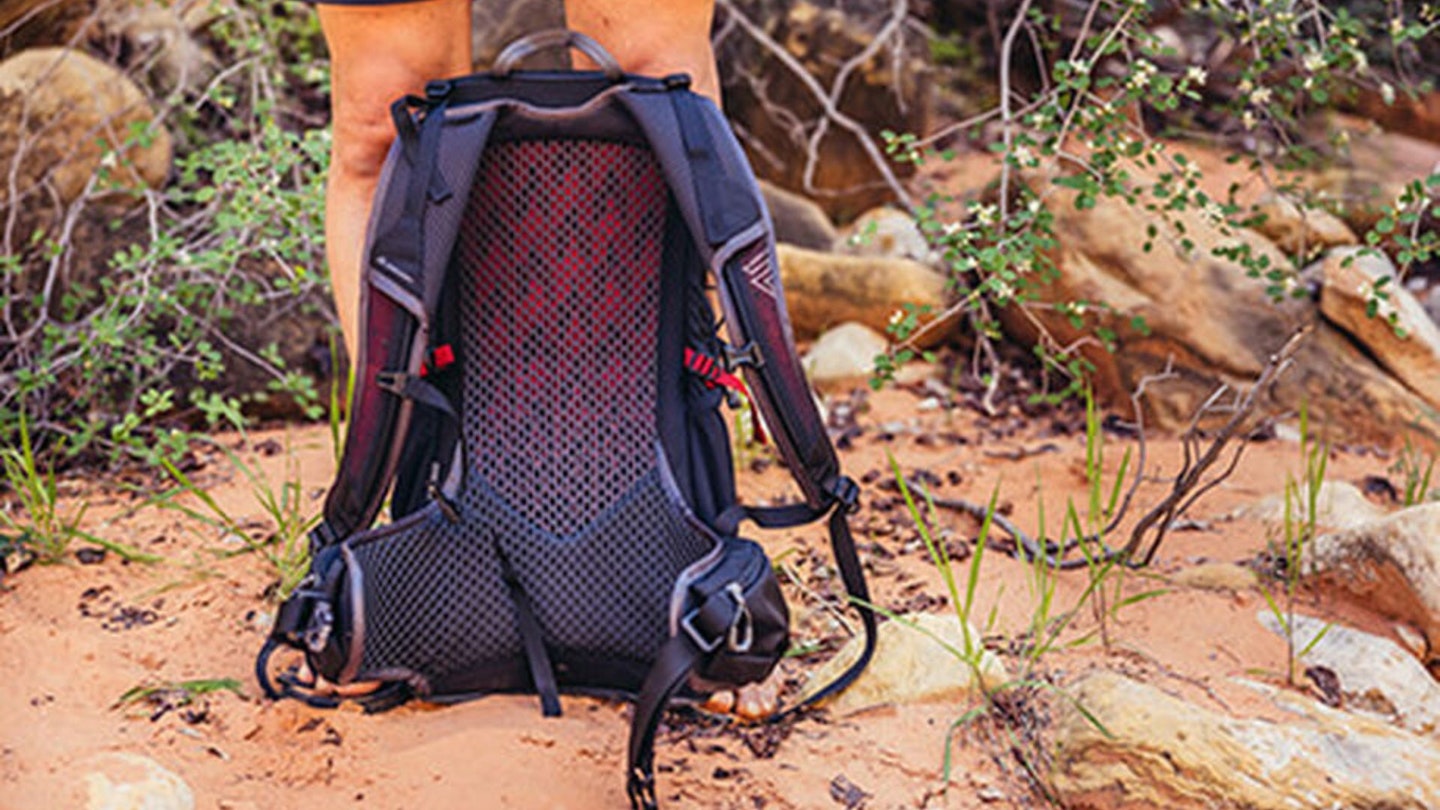
Product focus: Gregory Zulu LT 28 and Jade LT 28
If you’re looking for an all-round daypack for hiking and hillwalking, the men’s Zulu and women’s Jade 28-litre backpacks are the ideal choice. These versatile, gender-specific hiking daypacks have a classic top-loading, alpine-inspired design. The quick access front pocket and clean, single buckle lid make for user-friendly convenience on the trail and stylish, functional looks, while minimising overall weight.
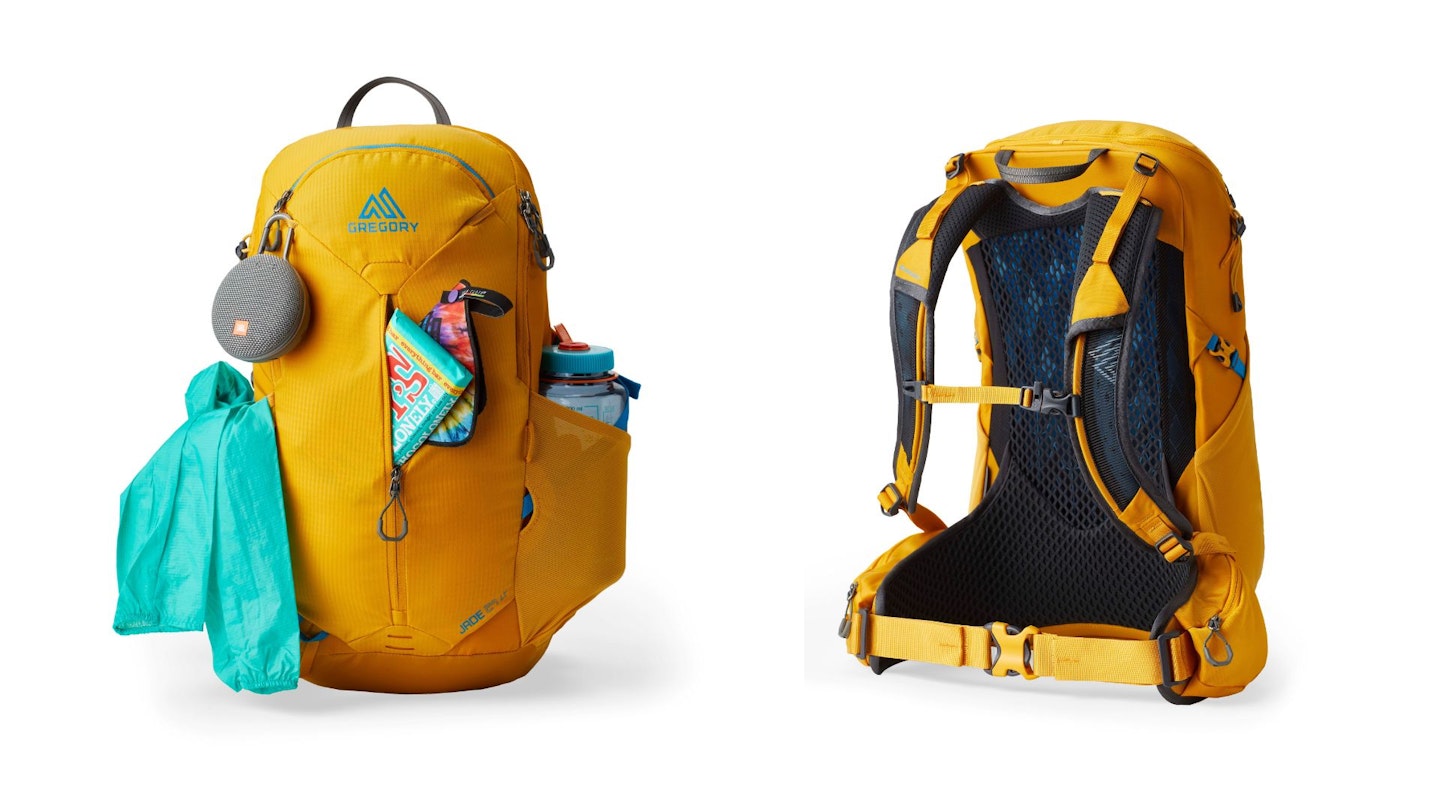
Comfort
These mid-size packs have been upgraded with a new FreeFloat tensioned back system for enhanced carrying comfort. This offers a more supportive platform and improved ventilation, along with even easier torso adjustment. Hip belts get more cushioning with an encased foam construction and a seamless design.
Both the Zulu LT 28 and Jade LT 28 are also available in either standard or Plus Size fit. Comparable to 2X-6X in apparel sizing, Plus Size packs feature extended length shoulder straps and hip belts, plus additional fit revisions to accommodate larger body shapes and sizes.
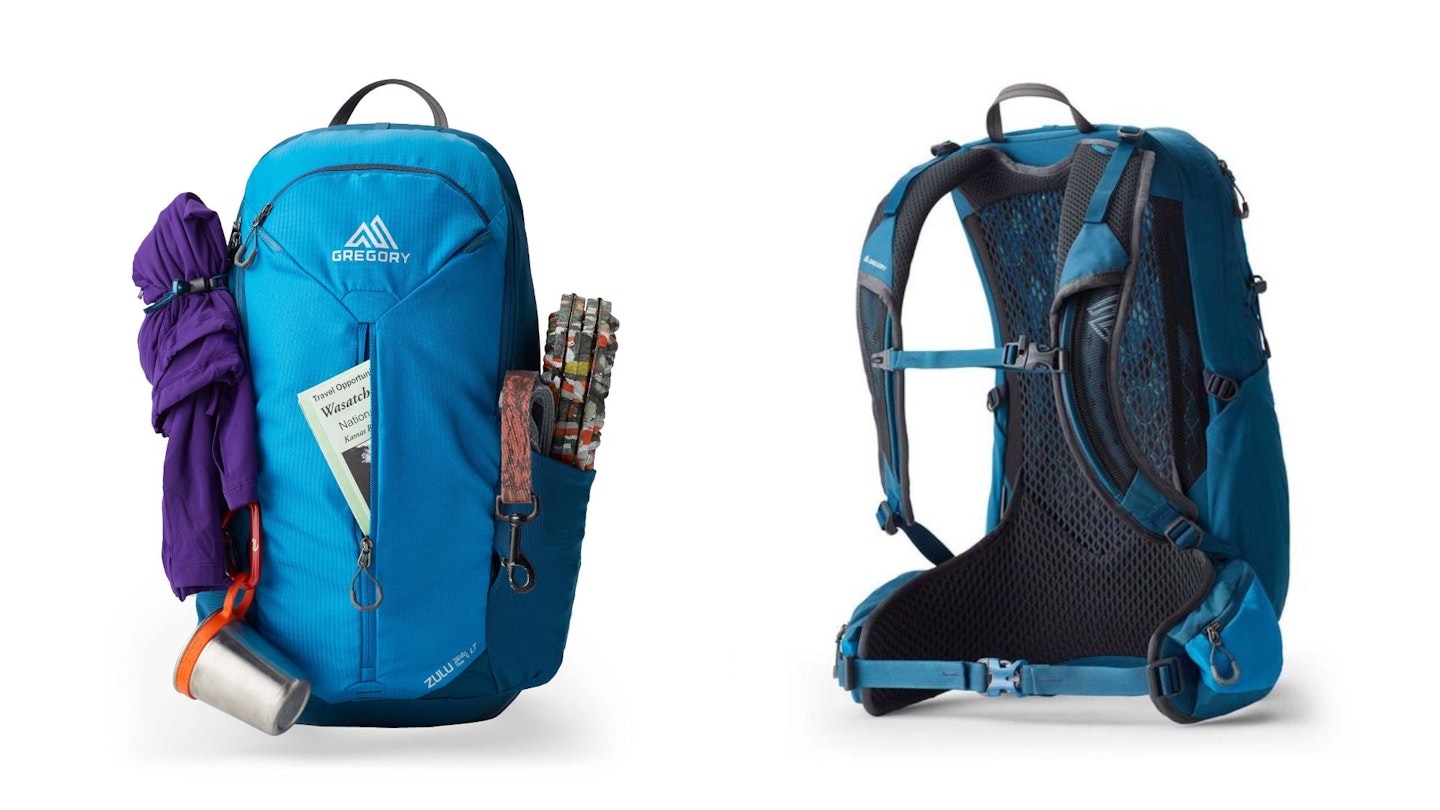
Features
To keep up with the latest developments in tech, the hipbelt pockets have been enlarged to accommodate the leading smartphones. The side mesh pockets have been similarly redesigned to accommodate larger water bottles and flasks.
The roomy main compartment is easily accessed under the lid via a drawcord opening and has a zippered quick- access top pocket for security. An interior hydration sleeve with Speedclip hydration attachment system is compatible with Gregory Hydro reservoirs, as well as other popular brands. External attachment points include a front laser cut light loop to help you stay safe on the roads or the trail, plus adjustable bungee attachments and bottom loops for carrying trekking poles.
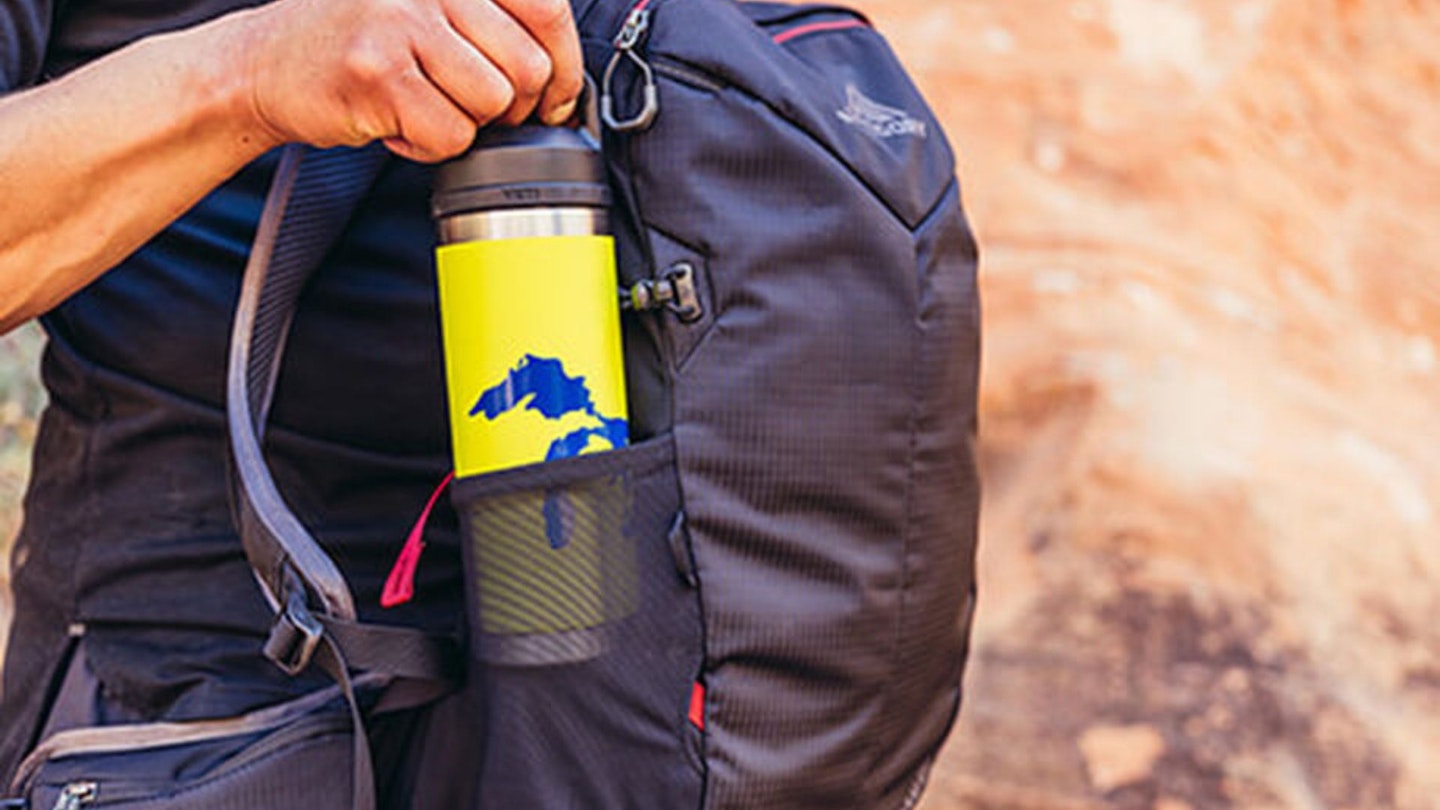
Sustainable design
Gregory’s unique product lifecycle analysis tool measures environmental impact from development to product end-of-life. Designing the latest Zulu and Jade packs using this tool has resulted in a 25% reduction in carbon impact, through the use of blended recycled polyester fabric for the main body and linings of the packs.
In addition, fabrics are treated with a durable water-repellent finish that's free from harmful PFAS. Hardware such as plastic buckles is Bluesign-approved. The tool also enables the brand to calculate the remaining carbon footprint for each product. A tag on the pack lets you know how you can offset that footprint by choosing to walk or bike a certain distance instead of driving.
